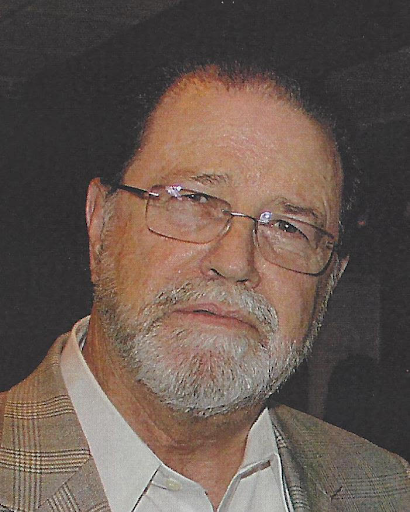For many in the Western world, the conception of Europe as an idea is 50% false. It tends to carry many positive connotations, such as developed societies, affordable healthcare, pristine education systems and wealthy elites. We think of Europe as a progressive place full of progressive people.
The United States has a long history of contact with Western Europe. It was founded by Western European colonists, many of its citizens are of Western European descent and it fought alongside Western European powers in both World Wars. We forget that there is another Europe further east, different from the one we idealize. It is a place of equally rich culture and many of its nations have more recently entered the European Union. These include Central European countries like Hungary and the Czech Republic, as well as more distant places, such as Romania.
When we hear that Hungary and Slovakia openly oppose migrants entering their borders, we are appalled. Even if we are unaware of it, our Western European bias colors our image of other European countries.
Any rejection of migrants on cultural or religious grounds has no place in the 21st century. There is little excuse for xenophobia. But, there is an explanation: Central and Eastern European countries were sealed off from external influences for decades. From the moment the communist bloc was conceived, they were doomed to relative cultural homogeneity. Eastern European nations have only recently come to terms with globalization.
Furthermore, there is an economic effect of the former “Iron Curtain.” Eastern European nations, while not necessarily destitute, are nowhere near as economically powerful as their Western neighbors. They are new to capitalism and many ideas from their old regimes continue to exert influence.
Even Germany, which has announced itself as a haven of tolerance, is realizing the true economic burden of receiving and processing so many migrants. How can we expect economies far smaller than Germany’s to not buckle under the sheer expense of accommodating so many refugees?
Despite the protests of Eastern states, the EU insists on quotas. If Eastern Europe won’t accept migrants willingly, it will be forced to. What kind of life can we expect for a migrant in a country forced to accept him? Do cultural attitudes change because of mandates? It is simply unfair to all involved.
Let us not ride a high horse. Instead of simply dismissing the protests of Europe’s developing nations, we should seek to understand and educate. Western Europe and the U.S. have a duty, but Eastern Europe is far from the developed paradise we believe represents the entire continent.
















